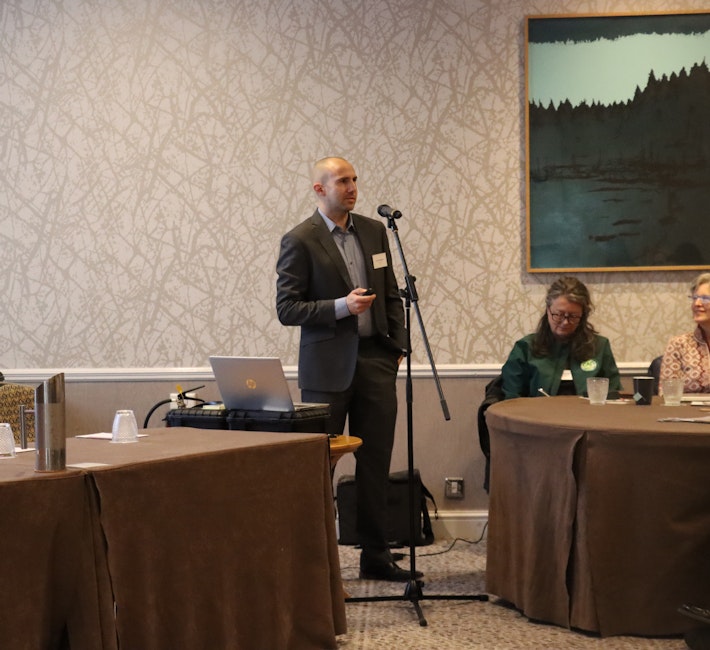- Home
- News & Views
- Sustainable Farming Subsidies - Glossary of Terms
As part of a new initiative to revolutionise agriculture, the Welsh Assembly Government's Sustainable Farming Scheme has been introduce to encourage environmentally sustainable practices throughout the Welsh farming industry.
To provide guidance on what this scheme is about, we have provided more information on The Sustainable Farming Scheme and glossary of terms that you may come across.
Biological Assessment:
This evaluation of the biological components of the soil includes measuring environmental DNA (eDNA), respiration rates, and biodiversity, such as species counts and earthworm populations.
Borehole Water Tests:
Analyses conducted on water sourced from boreholes to ensure it meets safety and quality standards for agricultural use.
Dune Buggy-Mounted Drilling Rigs:
Specialised vehicles equipped with drilling rigs used for soil sampling, providing a more efficient and innovative approach compared to traditional methods.
Environmental DNA (eDNA):
DNA collected from environmental samples such as soil, water, or air without having to sample an organism itself is used for measuring biodiversity and assessing biological health.
Geological Drilling Firms:
Companies that specialise in drilling into the earth's surface for sampling and analysis purposes, used in agriculture to gather soil samples more efficiently.
Infiltration Rates:
The speed at which water enters the soil, which is important for determining soil drainage capabilities and water retention.
Nutrient Management:
A strategy to manage the source, rate, timing, and method of nutrient application to plants, ensuring they receive the necessary nutrients efficiently and reducing environmental impact.
Physical Assessment:
An evaluation of the physical properties of the soil, including infiltration rates (how quickly water enters the soil), bulk density (the soil mass per unit volume), and the Visual Evaluation of Soil Structure (VESS).
Soil Chemistry:
The measurement of soil's chemical properties, including levels of essential nutrients like nitrogen (N), phosphorus (P), potassium (K), soil organic matter, and pH balance.
Soil Testing:
The process of analysing soil to determine its nutrient content, composition, and other characteristics. It is crucial for optimising agricultural practices, improving soil health, and increasing productivity.
Subsidies:
Financial support provided by the government to help farmers. The SFS shifts focus from traditional subsidy models to encouraging sustainable practices.
Sustainable Farming Scheme (SFS):
This initiative by the Welsh Assembly Government aims to transform agriculture through environmentally sustainable practices. It focuses on innovative soil testing and advanced management strategies, moving away from traditional subsidy models.
Visual Evaluation of Soil Structure (VESS):
This method assesses soil structure by visually inspecting its layers and arrangements, aiding in determining soil quality and health.
Tags:



